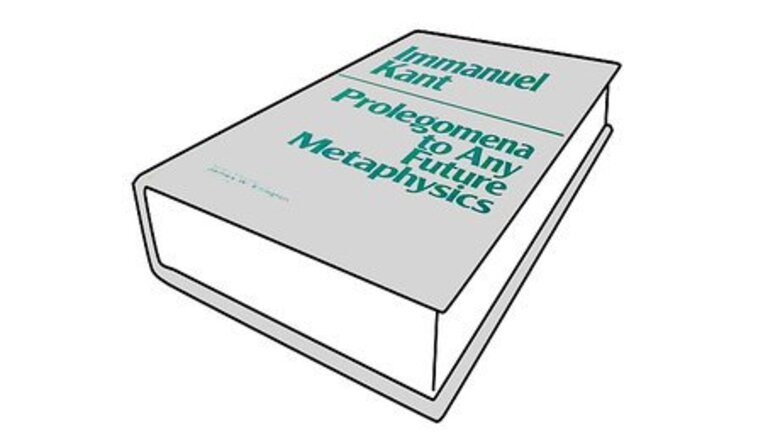
views
Read the Prolegomena first, or at the same time.
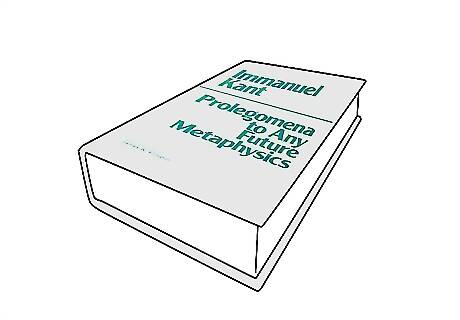
That book, which is both clear and short, is Kant's own account of what the Critique was meant to accomplish and what prompted him to write it. If you read the Prolegomena and think he's barking up the wrong tree, put off the Critique... until you change your mind. (The last bit doesn't apply to people taking a class, of course.)
Consider reading Kant's lecture notes on logic.

They can be surprisingly useful because they show how he believed philosophical thought should be organized and expressed. Regardless of whether you take his "logical method" seriously, no one denies that Kant took it very seriously, and once you can recognize it in the Critique, many passages become much easier to follow.
Don't expect a profound spiritual or aesthetic experience.

Kant was an excellent philosopher, but he's not trying to take you to a higher level here, or even to entertain you. At all.
Choose your text with care.
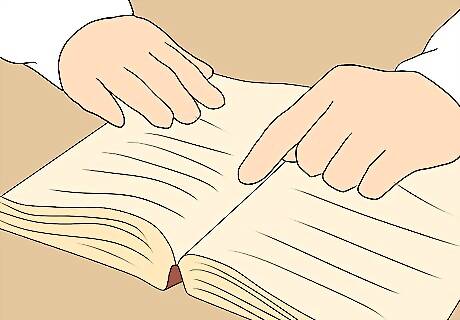
Abridgments are tempting, but every sentence of the original is there for a reason. Make sure you have the full texts of both the first and second editions.
Don't skip the Introduction.
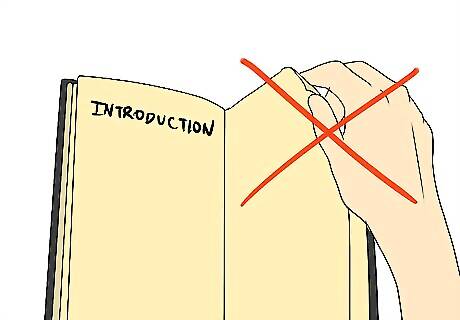
Key claims are made there, and key terms defined. Starting with the first chapter of the main text ("Transcendental Aesthetic") can feel like running headfirst into a brick wall. (It is all right to ignore the Prefaces on a first reading.)
Read every word of whatever parts you do read.
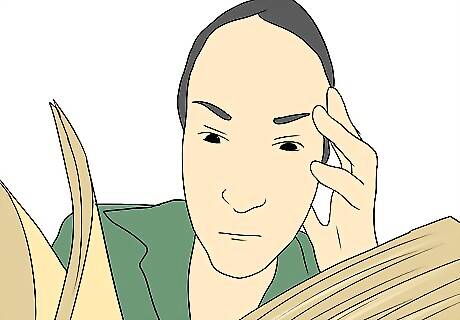
It's possible to skim through one of Kant's arguments and get an accurate feeling for the meaning. However, the details of the argument do matter, because he very often appeals to them later on -- and also because he is trying to prove his theses, not to make them appealing or lull you into adopting them unawares.
Read for context and emphasis.
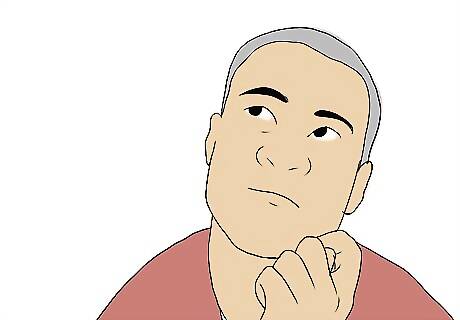
Does Kant mean "synthetic unity of the manifold", "synthetic unity of the manifold", or "synthetic unity of the manifold"? It's not that the concepts are different, but the author is pointing out something different about the concept depending on where and how he uses the phrase. Take the phrases, sentences, paragraphs out of context and they all sound like the same kind of hollow, pretentious, narrow-minded nonsense, but in fact there's a thread of logical connections by which they all hang together as more than the sum of their parts.
Read aloud!
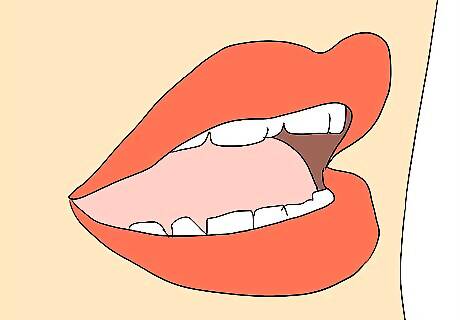
Believe it or not, this can help you trace out that thread of argument, chiefly by locating the place where the emphasis falls.
Question everything you read.
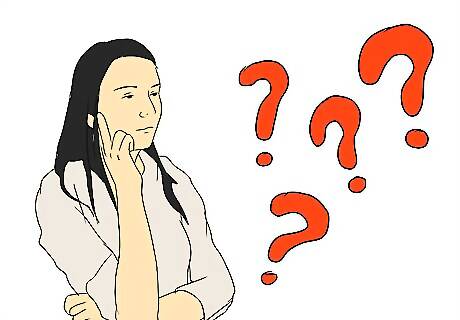
You'll usually find that the statement was justified earlier (or, in some cases, will be explained in the next paragraph). Not only is this the safest way to read a book of Western philosophy, but it is the best way to restore the logical connections of the text once you have lost track of them, which will often happen.
Take notes.
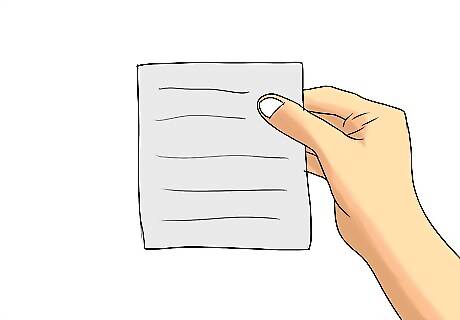
This will help you digest the material. Plus, you can refer back to them later on for deeper understanding.




















Comments
0 comment